Democrats launch a new broadband initiative
A new congressional bill would invest billions into solving the digital divide
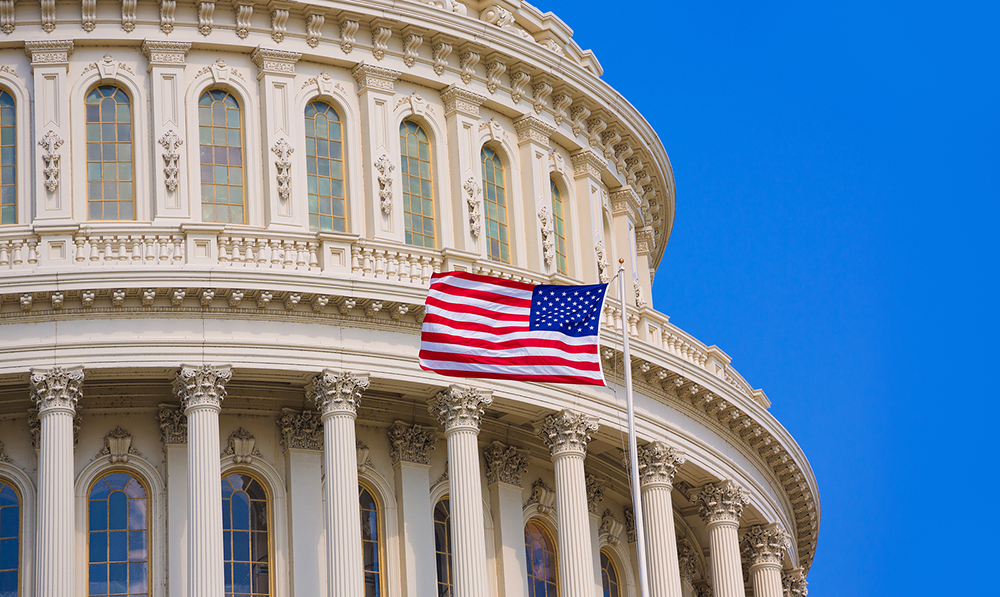
Call it the digital divide, the lack of broadband internet in rural areas and low-income urban households. Due to the COVID-19 pandemic, the contrast between digital haves and have-nots has become a burning issue.
Now Congressional Democrats have unveiled a $94 billion proposal to make broadband more accessible and affordable nationwide. The proposal aims to invest billions into bringing broadband service to places where it doesn’t exist and speed up internet connectivity in areas where it’s slow.
The bill also aims to help families struggling to pay their home internet bills.
About 30 House and Senate Democrats have signed onto the bill, which is being spearheaded by Rep. James E. Clyburn (D-S.C.) and Sen. Amy Klobuchar (D-Minn.). They hope to advance their bill, the Accessible, Affordable Internet for All Act, as part of congressional action on infrastructure reform later this year.
The digital divide has been an issue for years, but the pandemic put the problem in the spotlight.
As companies sent workers home to work remotely via their household internet connections, some workers in rural areas with limited internet connectivity found it challenging to complete daily tasks.
The same rings true for schools, as many students’ families can’t afford quality internet connections. Klobuchar has repeatedly described hearing horror stories about students who must sit in parking lots at liquor stores and fast-food restaurants just to access the Web.
Get the ITPro daily newsletter
Sign up today and you will receive a free copy of our Future Focus 2025 report - the leading guidance on AI, cybersecurity and other IT challenges as per 700+ senior executives
This new initiative comes a day after Congress passed the American Rescue Plan Act, a $1.9 trillion package designed to help US households hit by the pandemic. It included $7.1 billion in emergency connectivity funding for remote learning and cash injections for federal technology efforts.
The $7.1 billion will include money for schools and libraries to buy Wi-Fi hotspots, modems, routers, and connected devices for students to use while remote learning during the pandemic. This cash injection resulted from pressure from education advocates who petitioned the Federal Communications Commission (FCC) for funding in January.
Now that Democrats control Congress and the White House, they have big plans for broadband.
In February, the FCC announced a federal program to subsidize broadband costs for low-income households during the pandemic.
“From work to healthcare to education, this crisis has made it clear that without an internet connection, too many households are locked out of modern life,” said new FCC chair Jessica Rosenworcel, a long-standing supporter of broadband assistance for students.
-
 Should AI PCs be part of your next hardware refresh?
Should AI PCs be part of your next hardware refresh?AI PCs are fast becoming a business staple and a surefire way to future-proof your business
By Bobby Hellard Published
-
 Westcon-Comstor and Vectra AI launch brace of new channel initiatives
Westcon-Comstor and Vectra AI launch brace of new channel initiativesNews Westcon-Comstor and Vectra AI have announced the launch of two new channel growth initiatives focused on the managed security service provider (MSSP) space and AWS Marketplace.
By Daniel Todd Published
-
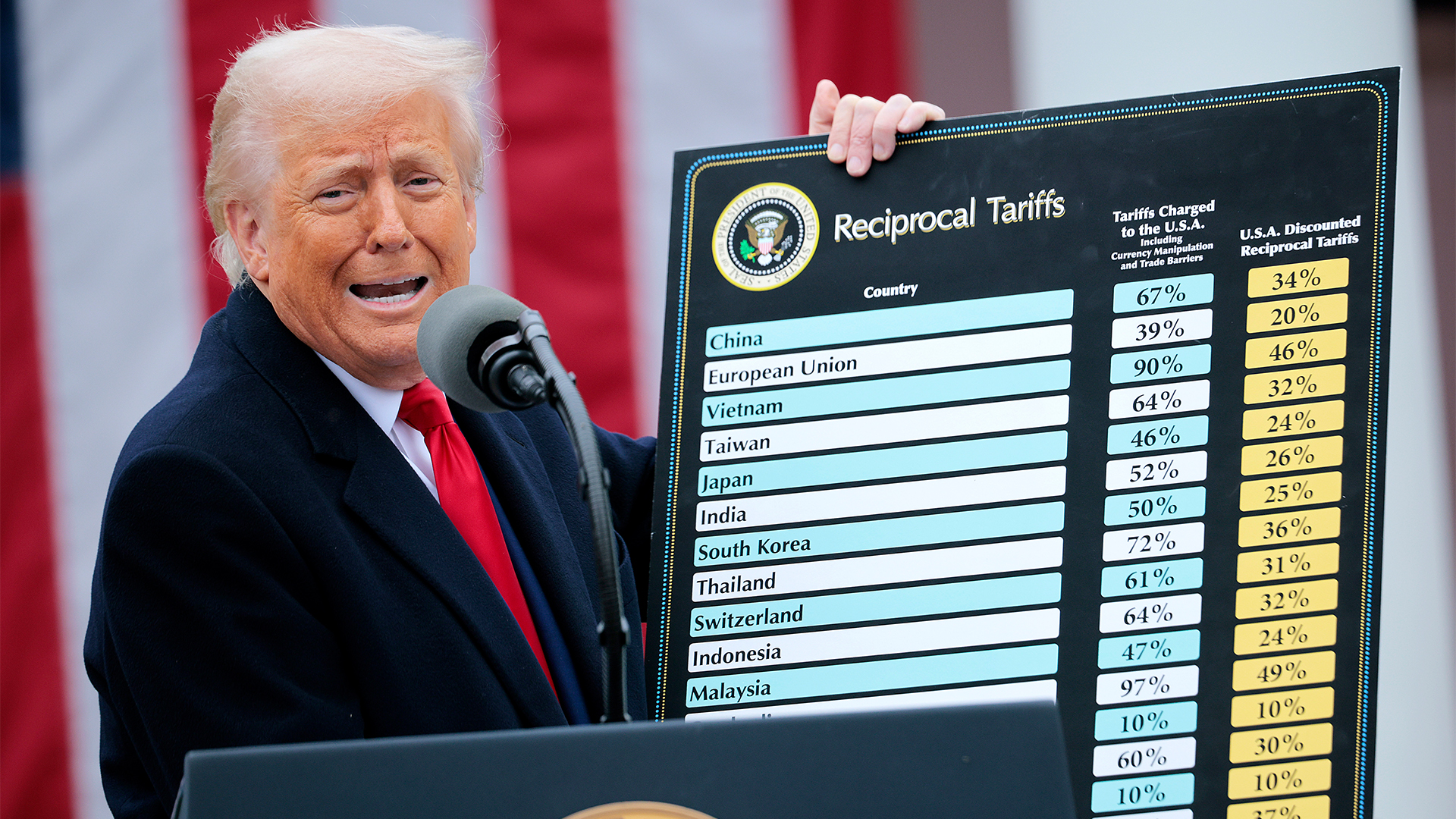 IDC warns US tariffs will impact tech sector spending
IDC warns US tariffs will impact tech sector spendingNews IDC has warned that the US government's sweeping tariffs could cut global IT spending in half over the next six months.
By Bobby Hellard Published
-
 US government urged to overhaul outdated technology
US government urged to overhaul outdated technologyNews A review from the US Government Accountability Office (GAO) has found legacy technology and outdated IT systems are negatively impacting efficiency.
By George Fitzmaurice Published
-
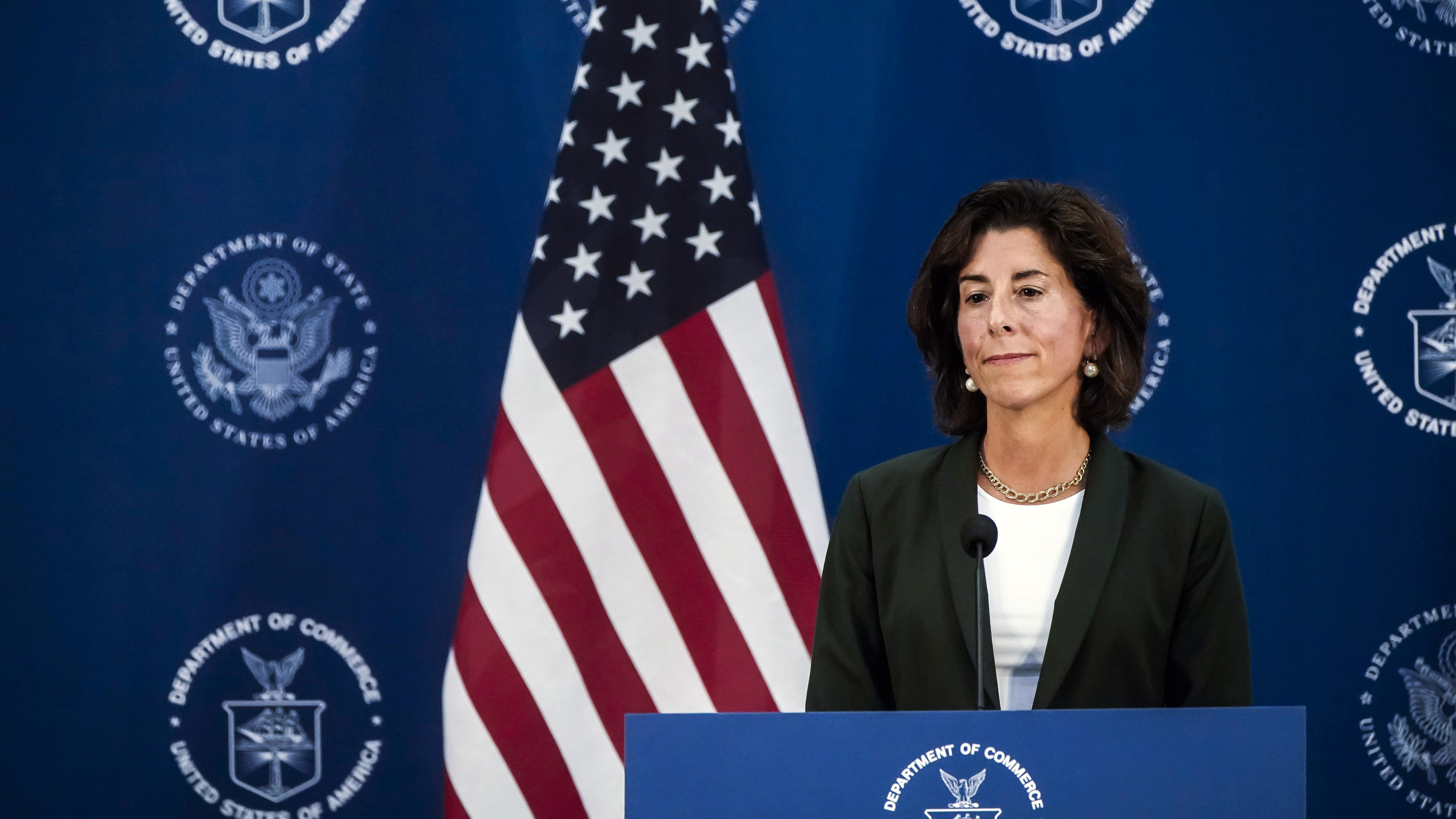 US proposes new ‘know-your-customer’ restrictions on cloud providers
US proposes new ‘know-your-customer’ restrictions on cloud providersNews The US aims to stifle Chinese AI competition with new restrictions on cloud providers to verify foreign data center users
By Solomon Klappholz Published
-
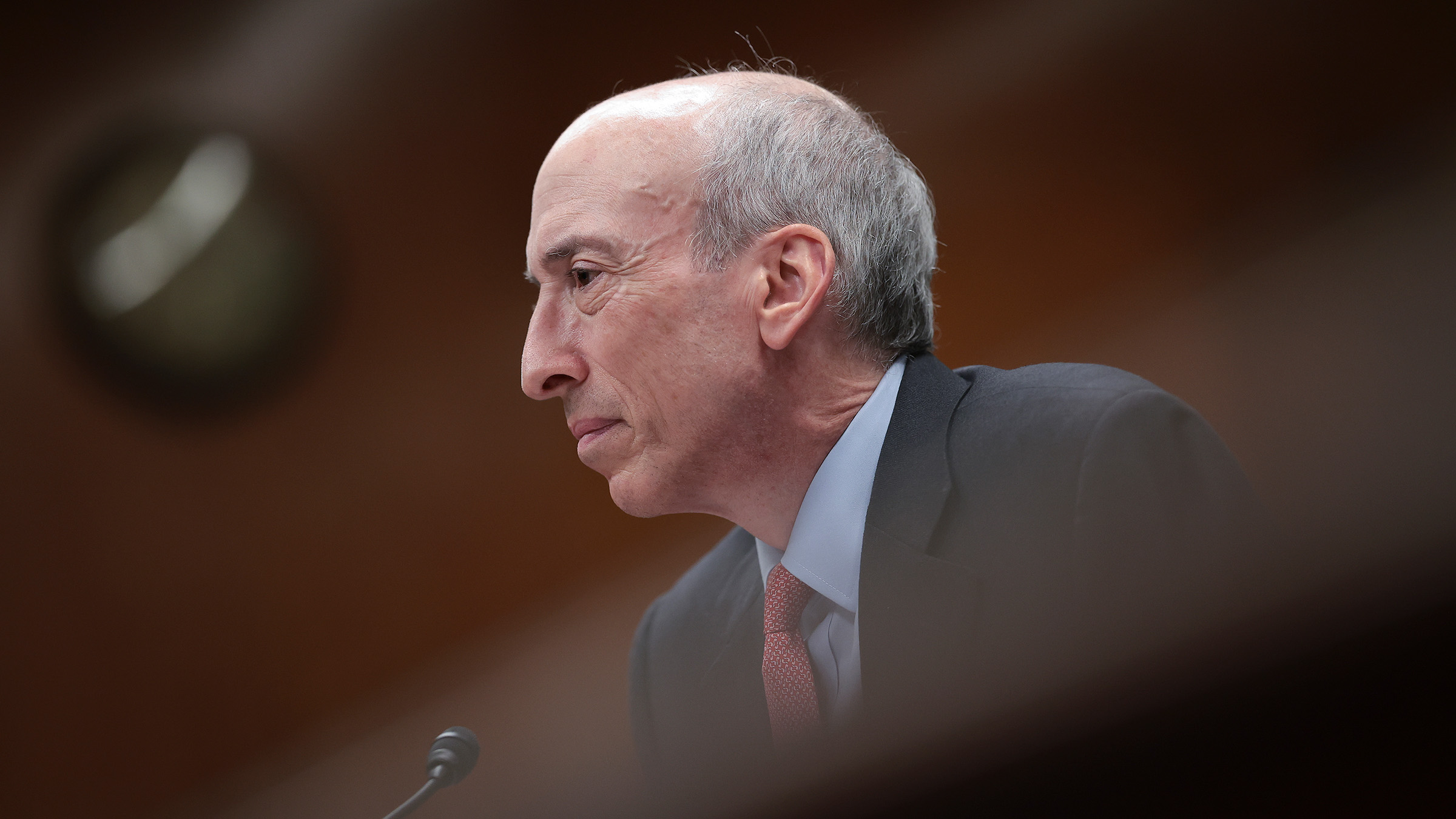 SEC passes rules compelling US public companies to report data breaches within four days
SEC passes rules compelling US public companies to report data breaches within four daysNews Foreign entities trading publicly in the US will also be held to comparative standards
By Rory Bathgate Published
-
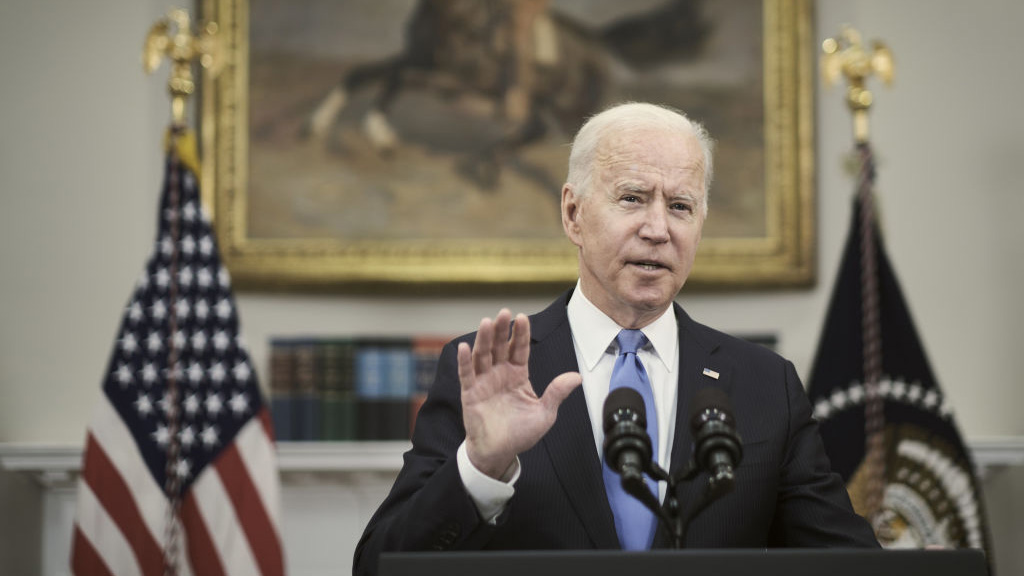 US says National Cybersecurity Strategy will focus on market resilience and private partnerships
US says National Cybersecurity Strategy will focus on market resilience and private partnershipsNews The recently announced implementation plans alow for more aggressive action against ransomware gangs
By Rory Bathgate Published
-
 US ‘Tech Hubs’ drive aims to boost innovation in American heartlands
US ‘Tech Hubs’ drive aims to boost innovation in American heartlandsNews The development of the hubs will could help drive regional innovation and support for tech companies
By Ross Kelly Published
-
 Welsh startups 'increasingly isolated' over lack of diverse funding routes
Welsh startups 'increasingly isolated' over lack of diverse funding routesNews Founders say Wales' chance to be one of the UK's leading tech ecosystems is being undermined by a lack of investment
By Ross Kelly Published
-
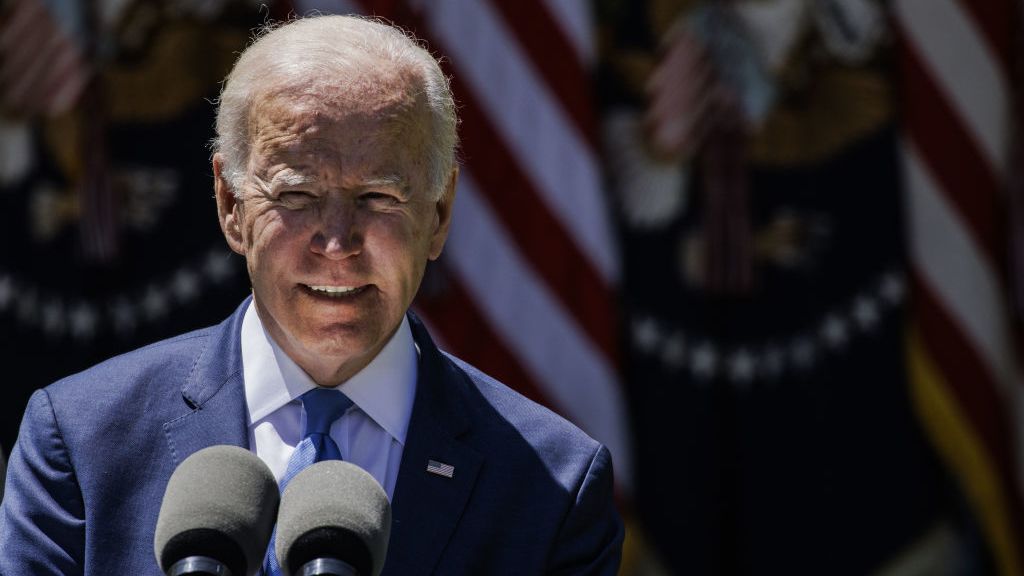 Biden sets June deadline for $42 billion broadband funding outline
Biden sets June deadline for $42 billion broadband funding outlineNews The announced deadline come prior to a much-awaited update to the FCC's US broadband map, giving a clearer image of the internet challenges facing the nation
By Rory Bathgate Published